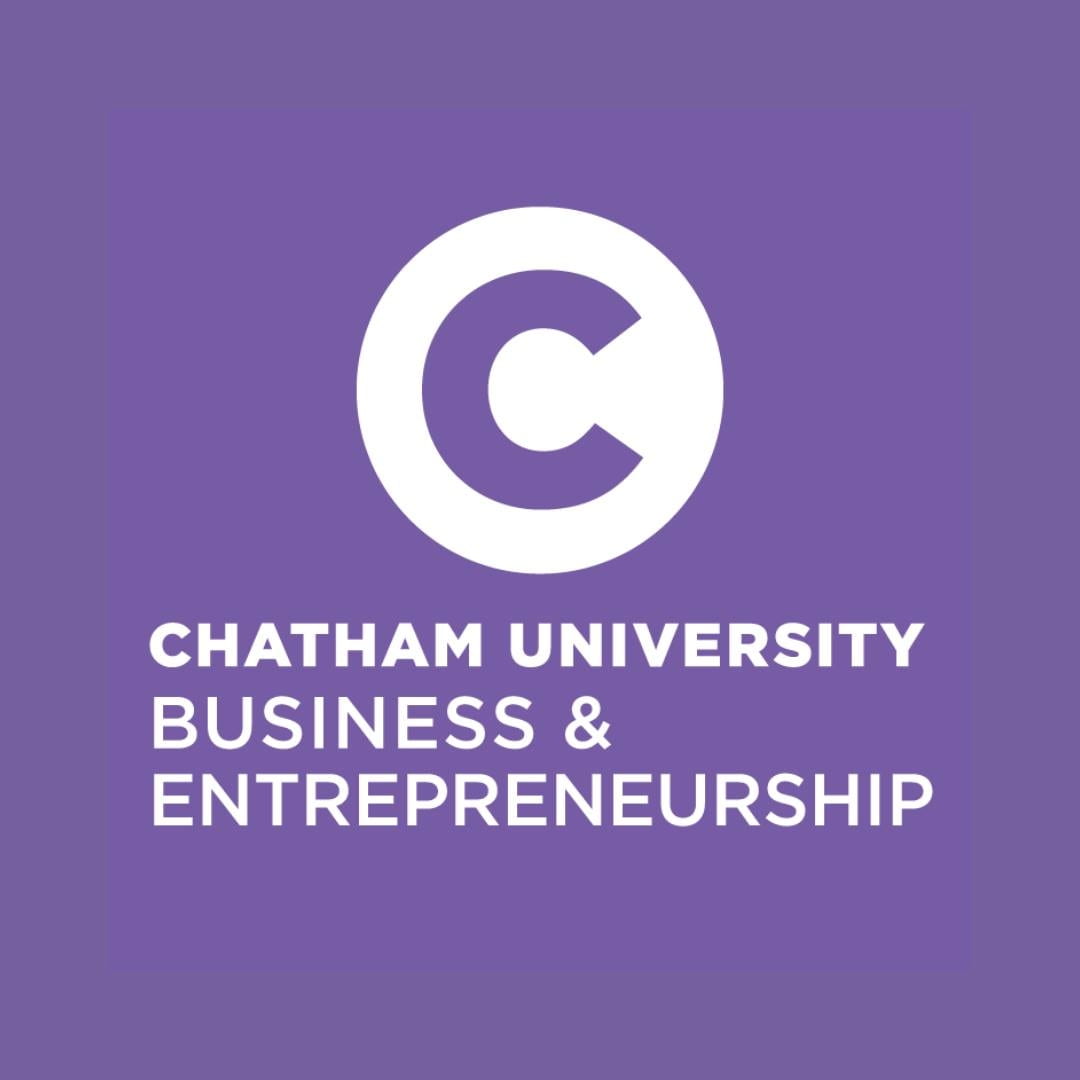
On Monday, April 9th, 2018 several Chatham students had the privilege of attending The Carnegie MellonUniversity – K&L Gates Conference on Ethics & AI keynote lecture (hosted at Carnegie Mellon University) with Dr. Stephanie Rosenthal. The students in attendance were Michelle Bloom, Trevor Borsh, and M. Youssef Aljabi. The conference, sponsored by the law firm K&L Gates, promoted the ethical practices and applications of artificial intelligence (AI) and computational learning. Microsoft Research Director and conference keynote speaker Dr. Eric Horvitz gave a phenomenal address tying together computational learning with everyday ethical issues.
Dr. Horvitz’s career began in the medical field, where he saw a problem within hospital data silos. After observing a large number of deaths caused by medical error, he was able to implement AI to save lives. When utilizing technology in such a pivotal way, Dr. Horvitz had to consider its capabilities, values, and potential misuses within the system. In order to make improvements, he observed the business process, analyzed data recorded from various outlets, and streamlined the process to innovate the existing process. Each of which are steps covered by Dr. Rachel Chung’s MIS course here at Chatham.

Microsoft’s work with artificial intelligence is noteworthy because of their excellence in natural language processing and new capabilities for emotional detection. The underlying ethics involved with computational learning were fascinating for each student in attendance considering their roles as tech-era business majors. In the modern business world, artificial intelligence has the capability to detect blind spots and biases in organically generated data, but can be misused to take advantage of what some claim to be human rights. The largest task is to find the balance with the agency providing the AI, and the proper level of “sharing” from the client or clients involved.
Dr. Horvitz noted that people have great hesitations when it comes to the implementation of computational learning. The primary fear is that machine learning is going to replace human roles. However, the goal is to use AI to augment human activity and reduce error. To overcome these fears and have open adaptation, Dr. Horvitz argued for improved technical literacy at federal-level policy making. He also called for bolstered understanding from the consumer and general public. Horvitz quoted Herb Simon in stating that “responsibility is not to discover the laws of the universe, but to act responsibly in the world to transform existing situations into more preferred ones.” From iPhone’s Siri to self-driving Ubers flying down Fifth Avenue, artificial intelligence is all around in the open world, and Dr. Horvitz argues that it is the duty of the public to take advantage of it. In order to better the public world, the public must be better.
A moment that especially stood out for audience members from the keynote address was when Dr. Horvitz began to discuss the faults in the artificial intelligence monitors inside of his Tesla system for evading obstacles. He remarked that one day he wondered if though the car was able to determine what was an animal or human, could it tell what the bright orange barrel cones on the highway were.

So, Dr. Horvitz set himself on course for the cones with the auto-steering feature on, came too close to a collision, and turned the car back to manual controls. This story was interesting as it represented the fact that we now live in an age with artificial intelligence where half the intelligence and decision making is still provided by the user, who remains a very important part of designing the final version of the system itself. This role for clients is largely due to the level of responsiveness found in using these systems, which again supports the argument of the public needing to better understand the system(s) they are utilizing.
With the role of the user growing exponentially, it is also important not to forget the roles played by a system’s designers. After attending the conference, Dr. Rosenthal stated:
“As more and more of our technologies include AI and analytics, we, as the designers, need to pay more attention to the ethical decisions we are making and the implications of our work. The Keynote by Eric Horvitz and the entire Ethics and AI conference explored many different aspects of the challenges that have and will arise. We will continue to incorporate these discussions into the Applied Data Science Analytics curriculum and I look forward to new discussions at the next conference in two years.”
After Dr. Horvitz’s impactful keynote presentation, the students and faculty in attendance were able to spend time networking and having dinner with members of both the CMU and Pittsburgh tech communities. The Chatham B&E Department is thankful to its faculty for providing such opportunities as this for its students.
Trevor Borsh is a second-year Chatham Business student majoring in International Business, alongside a minor in Political Science. He is also pursuing the European Studies Certificate. This is Trevor’s first year working within the Chatham B&E Department, and he looks forward to promoting advancement and global outlooks for students and the university alike.



